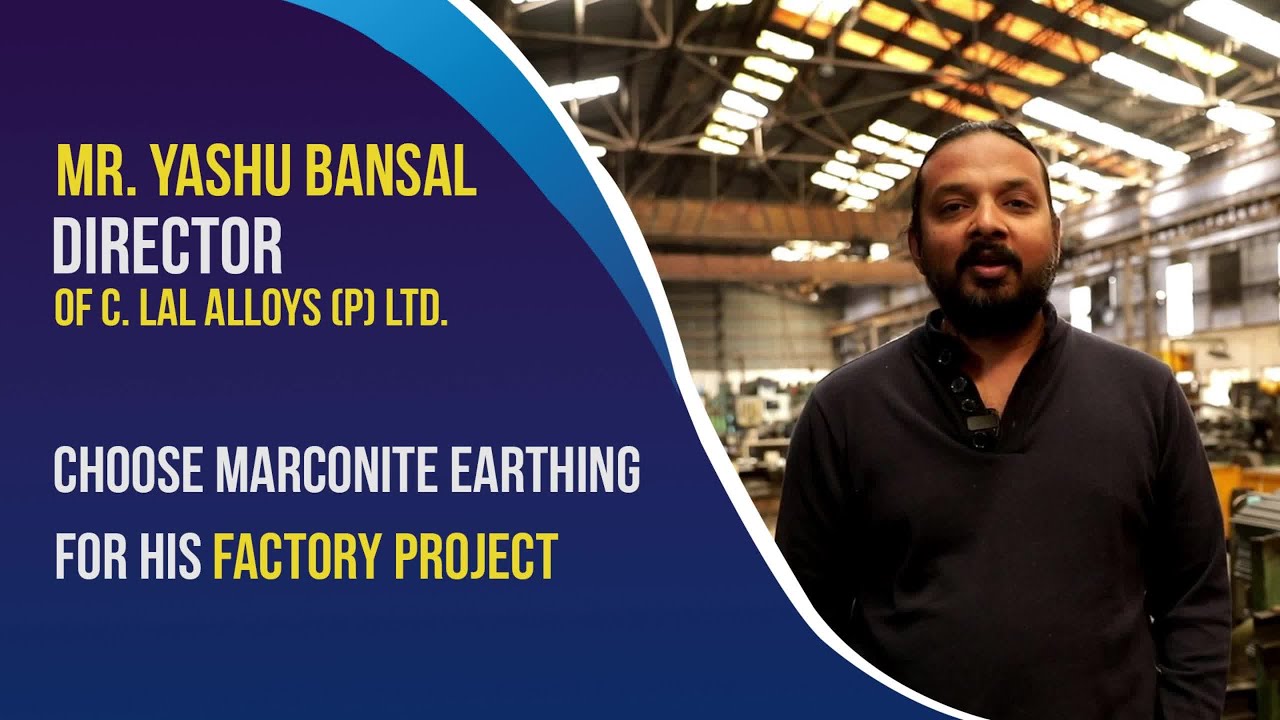If you have heard about earthing or are a professional involved in the same, one myth that you must have commonly heard is “Copper earthing is better than G.I. earthing.”
Being a leader in industry serving India for more than a decade, we want to witness the truth in the myth. So, here we go:
What is Copper Earthing?
Copper earthing is where copper, which is known to be a good electrode due to its high conductivity, is used. The copper pipes are installed in the earth pit which can maintain the resistivity in high resistivity soil or rock conditions.
What is G.I. earthing?
G.I earthing uses mild steel pipes with Galvanized Iron coating to complete the earthing system. Steel is also a very good conductor of electricity and allows any dangerous electricity to flow to the ground, taking the danger away from you.
The myth talks about the two materials, Copper used in Copper earthing and Galvanized Iron used in G.I. earthing. It is also believed due to this myth that copper earthing must be used in locations that demand less resistivity like factories.
Hence, another myth that sprouts through this myth is that the application of G.I. and Copper earthing differs. G.I. earthing is preferred to be used in households while is used copper earthing is usually installed in factories and industrial spaces due to very low resistivity requirements.
Key features of G.I. earthing

Material: Use mild steel pipes or strips with zinc coating to prevent rust or corrosion.
Conductivity: Steel is a good conductor, though not as efficient as copper, but still effective for general earthing needs.
Cost: G.I. earthing is more affordable compared to copper earthing, making it popular for residential and small-scale commercial installations.
Lifespan: G.I. electrodes have a shorter lifespan than copper due to potential corrosion over time, though the zinc coating helps slow in this process.
Applications: Commonly used in households and general electrical installations where cost effective is a priority and soil conditions are suitable.
The Resistivity Formula
Now that we know that one is pipe earthing and the other is plate earthing. Here are two formulas for calculating the resistivity of both. Have a look:
Resistance formula for pipe earthing
(R) = (100r/2πL) X loge (4L/d)
L= Length of Pipe/Rod in cm
d=Diameter of Pipe/Rod in cm
r = Resistivity of Soil Ohm-meter.
Conclusion: Myth vs Truth
If you notice these formulas, you can see the two major factors that come into play are; resistivity of the soil and the physical dimensions of the electrode, not the material resistivity.
Hence, it does matter if the location is household or industrial, the type of soil and the size and number of the electrode will define whether the resistivity achieved is high or low.
The copper electrode used in copper earthing may result in longevity of the earthing and hence it may be preferred, but not because of its resistivity.












